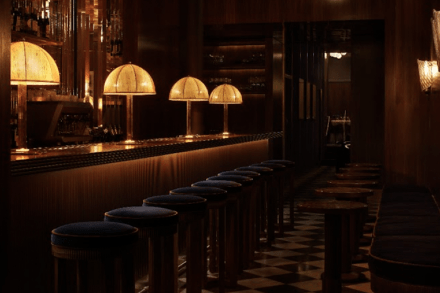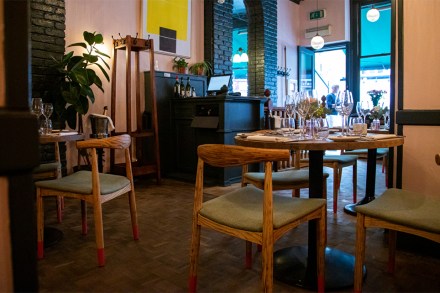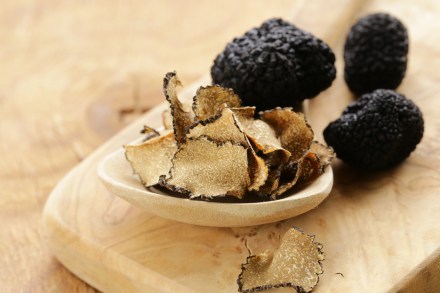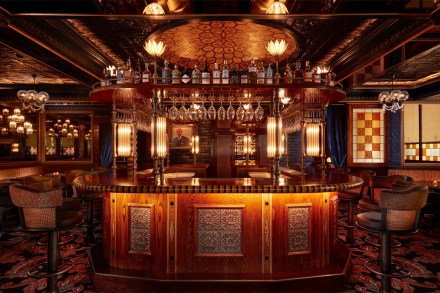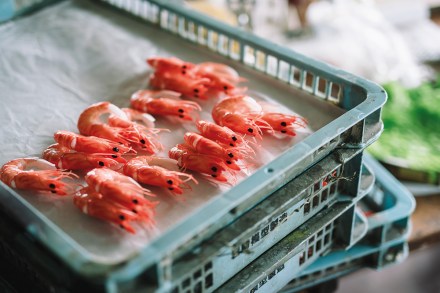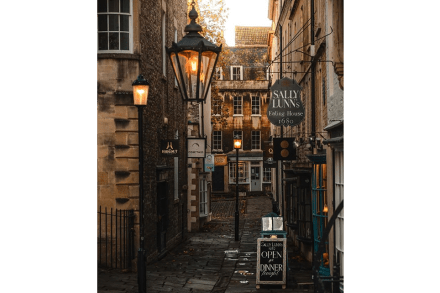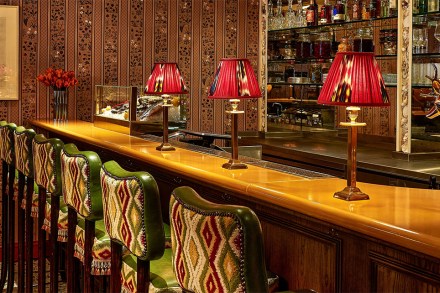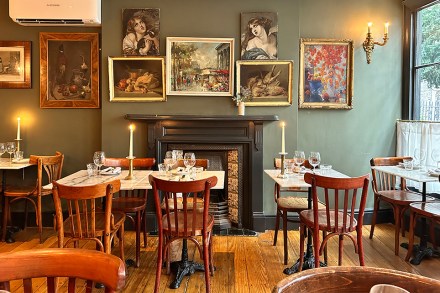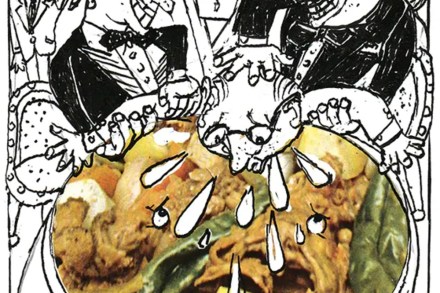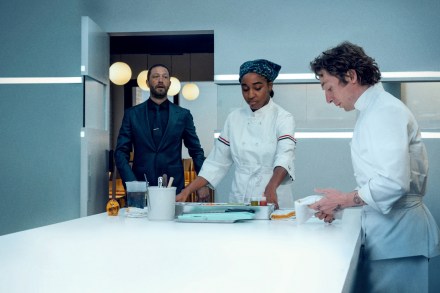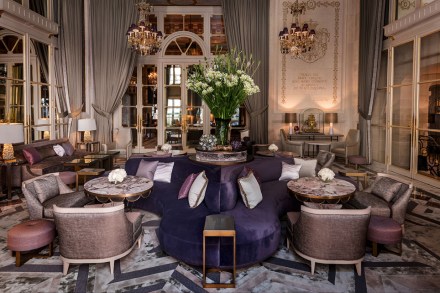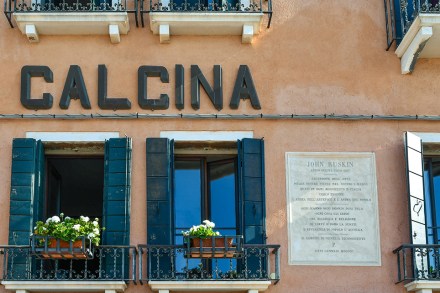Ideal for winter: The Dover reviewed
For British people, America is an idea brought by cinema, and The Dover, the New York Italian bar and restaurant in Mayfair, meets a version of it. It’s not quite the ballroom in Some Like It Hot, not quite Rick’s Café in Casablanca, but it’s as close as you will find near Green Park Underground, and that has a charm to it, because Americans can speak. It’s from Martin Kuczmarski, formerly of the once preening, now ragged Soho House. He has named his company Difficult Name. There’s a message there, and a story, and it made a glorious restaurant with the tagline ‘A good place to be since 2023’. It
